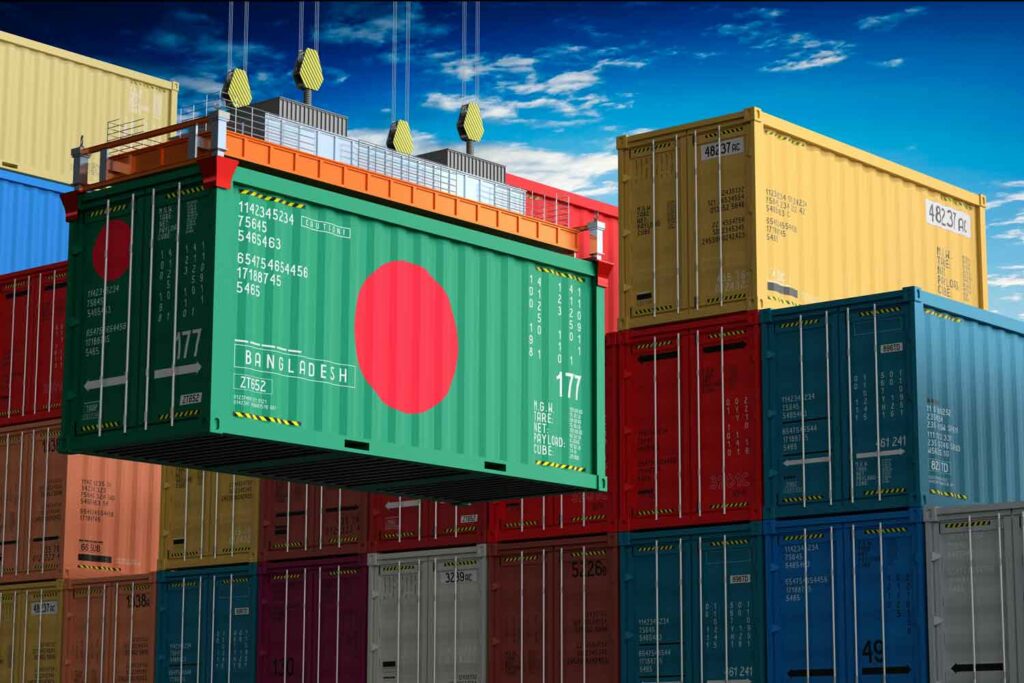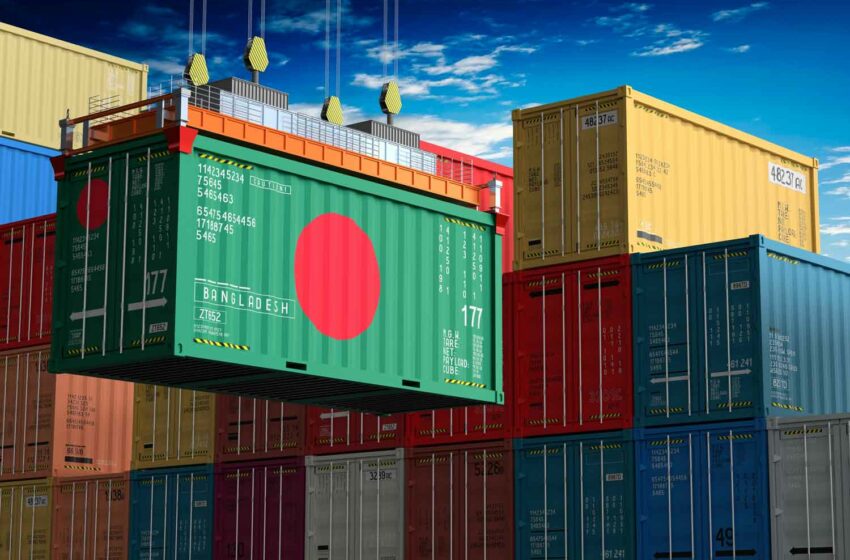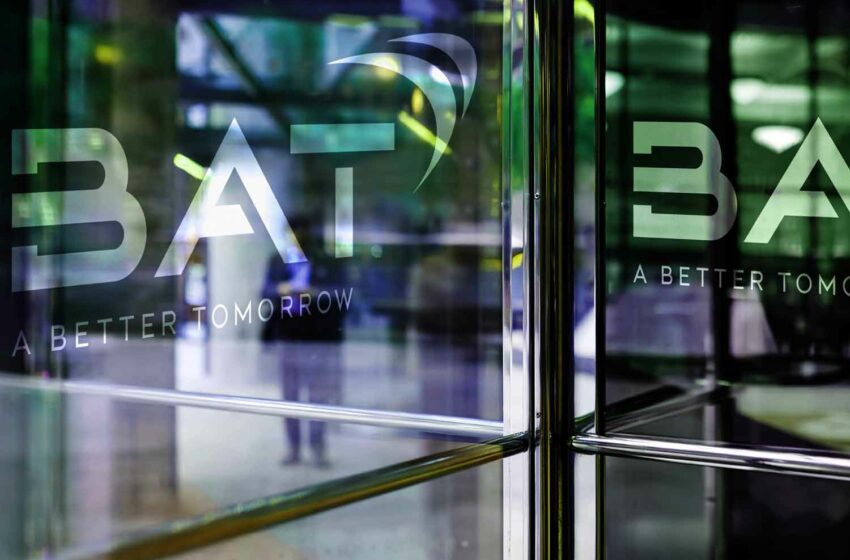
Bangladesh fulfilled a cigarette export order that failed to obtain regulatory approval in Pakistan, reports Profit.
The order came from Blue Nile Cigarette Co. (BNCC), a subsidiary of British American Tobacco in Sudan, which in the midst of a civil war. To ensure continuity of supply, BNCC ordered $20.5 million worth of cigarettes from Pakistan Tobacco Co. (PTC), another BAT subsidiary. In line with local market preferences, the BNCC order required the cigarettes to be delivered in packs of 10 sticks.
However, Pakistan is one of more than 80 countries that require cigarettes to be sold in packs of at least 20 sticks, a measure that health advocates believe will make tobacco less accessible to underage buyers. Because Sudan has no such restrictions, PTC asked the government to exempt the export order from Pakistan’s 20-stick minimum.
Despite support from Prime Minister Shehbaz Sharif and the Special Investment Facilitation Council, delays in decisionmaking at the ministry of health and fierce opposition from anti-tobacco activists, prompted BNCC to look for other suppliers.
The issue attracted considerable attention from health groups. The African Tobacco Control Alliance, for example, urged Pakistan to withhold permission for the export order, arguing that the 20-cigarettes- per-pack rule is the global standard for the protection of children.
PTC’s senior regulatory affairs manager, Qasim Tariq, said the company’s critics misinterpreted certain clauses of the World Health Organization’s Framework Convention on Tobacco Control (FCTC).
“Ironically, the neighboring country that ultimately won the contract is also an FCTC signatory, like Pakistan and Sudan,” Tariq told the Associated Press of Pakistan. “This incident illustrates the harmful effects of misinformation and the economic harm that can arise from the unchecked influence of certain advocacy groups on public policy,” he remarked.











